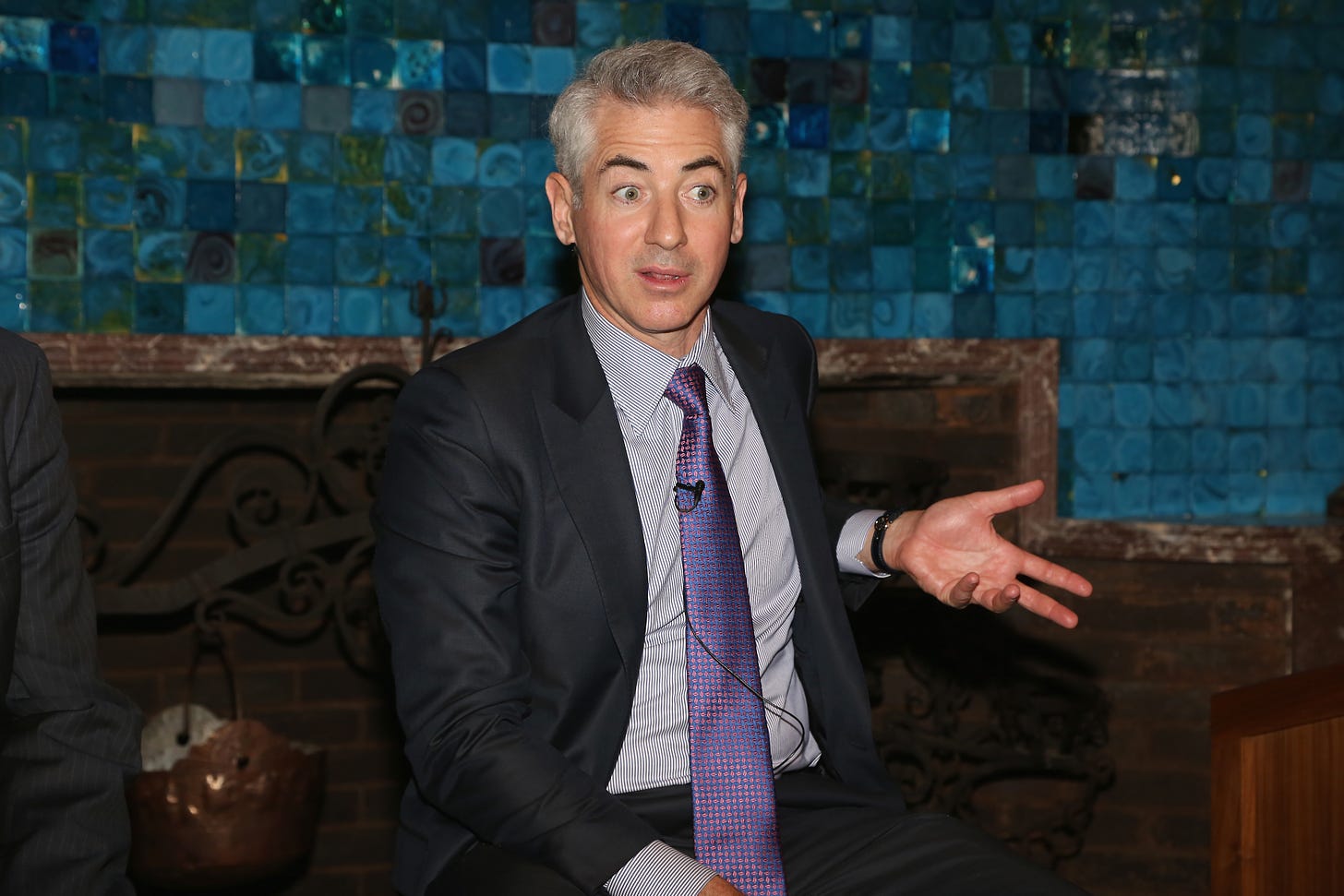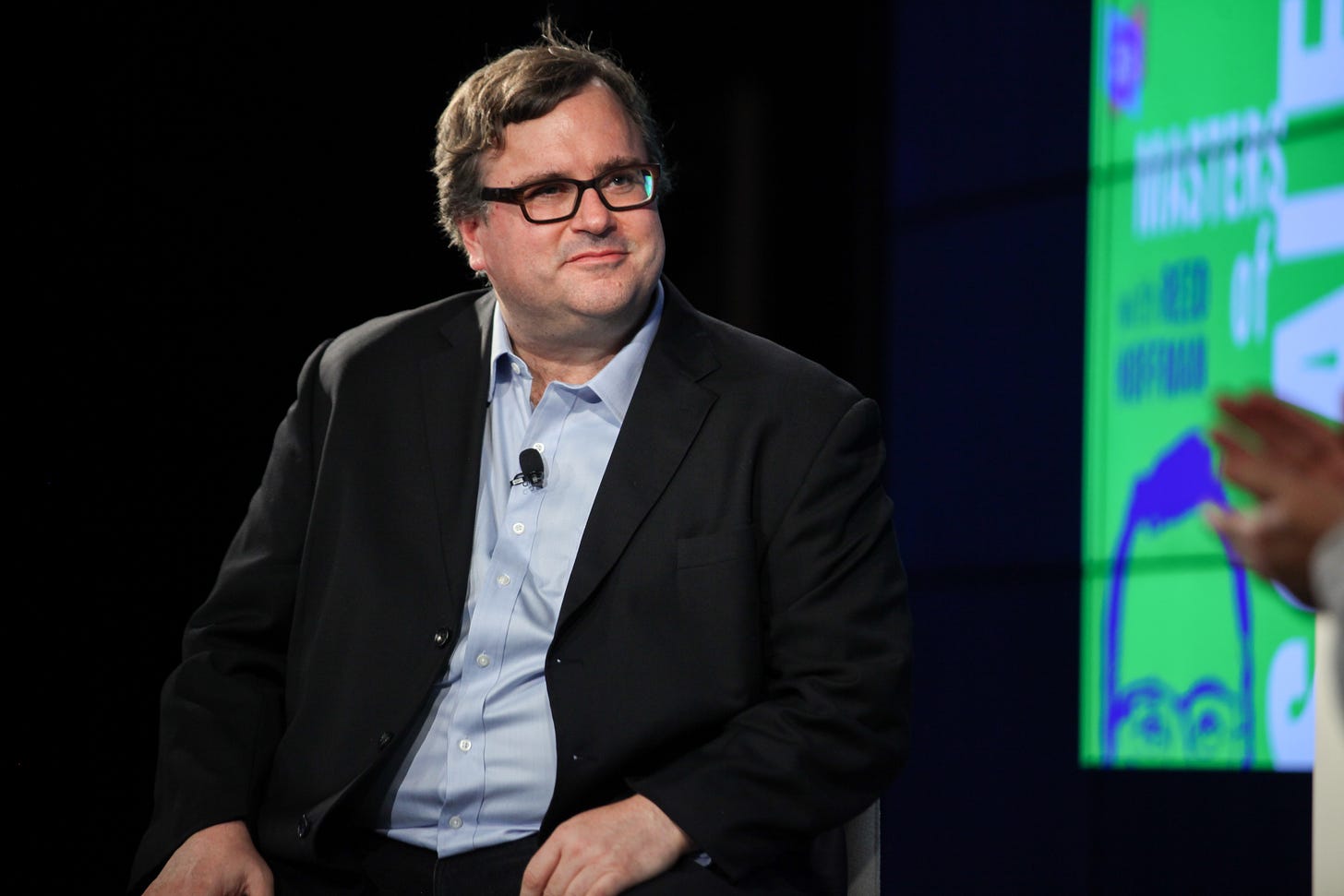A Spate of SPACs
SPAC Series Part 2: Here are some companies that could be logical SPAC targets and the firms that would take them public.
This spring, over two weeks of marathon Zoom calls, Lime hashed out a cram-down fundraising round that cut the scooter company’s valuation by about 80%. It was a painful process. But the Uber-led $170 million investment meant that Lime could live to fight another day.
What hasn’t been previously reported is that Lime had been approached by a SPAC sponsor about a potential buyout. But Lime needed money urgently and couldn’t take the risk that a SPAC would fail. Nor did Lime have the 2-to-3 years of audited financials that it would have needed to go public via a SPAC. “You don't have the audited financials,” said someone close to the discussions, “you can't go out.”
Similarly, food delivery company Postmates received overtures from special-purpose acquisition companies before it agreed to sell to Uber for $2.65 billion. Bloomberg reported Monday that scooter rival Bird has hired Credit Suisse to help it find a SPAC sponsor.
Lime and Bird have been devastated by the pandemic. They have a well-honed story about a future world littered with the two-wheeled electric vehicle. And they have exhausted Silicon Valley venture capitalists with that story. The VCs heard the pitch and many of them forked over money that they now regret. So, a SPAC would seem to be an appealing alternative.
Will Lime, now having had more time to prepare, take the leap as SPACs become more mainstream? “SPACs were not what SPACs are now,” a source close to Lime said. The overtures from SPAC sponsors to Lime executives haven’t abated. Maybe sometime soon, they’ll say “okay.”
We’re about to see what happens when a unicorn stampede collides with a spate of SPACs. There are some 230-odd U.S. unicorns. The list of SPAC sponsors is growing by the week. More SPAC sponsors are raising money than deploying it. Chamath Palihapitiya, who I profiled earlier this month, has raised six SPACs, but only one of them, Virgin Galactic, is publicly trading so far. DraftKings – the company that all these tech sponsors are greedily hoping to replicate – was taken public by a pair of veteran Hollywood executives. We have yet to see anything close to a top-tier Silicon Valley tech startup agree to go public via a SPAC.
I’ve cast about for potential SPAC targets and all sorts of names come up. Could Reddit go public via a SPAC, capitalizing on the fact that it’s the intellectual nexus for meme-based retail stock trading? “Great company. A lot of upside. Weak-ass CEO, which I think is beneficial for a SPAC because they won't do a roadshow,” one venture capitalist mused. Or could restaurant-point-of-sale company Toast seize on the moment? Given that direct-to-consumer health company Hims & Hers is going public via a SPAC with Oaktree Capital Management, would rival Ro take the same leap? I’ve heard that Rakuten-owned Viber is being floated as a SPAC candidate.
Those companies are almost too good to SPAC. Following the public market frenzy surrounding Nikola and Virgin Galactic, anyone who dabbles in the world of speculative technology is thinking about going public via a SPAC right about now. There’s a certain bizarro world logic that starts to set in the longer you think about SPACs. The more money a company loses, the less revenue it has, the better a prospect it is for a SPAC.
Some tech industry SPAC sponsors don’t even want to be associated with the speculative market for electric vehicles and other frontier technologies. One sponsor told me that energy and space-related SPAC-sponsored companies on the market today are creating “the biggest bubble in the history of the SPAC market – I will not do deals of that category.”
I’ve heard that Andreessen Horowitz weighed creating its own SPAC but have decided against it so far. The firm has made a point of arguing in favor of the traditional IPO process. Firms like Lightspeed Venture Partners have privately entertained the possibility, but the regulatory hurdles appear to be too high. I’ve heard rumblings that Brad Feld’s Foundry Group has considered getting into the SPAC game, but I can’t say for certain. Feld didn’t return my emails. I wouldn’t be surprised if other venture capital firms got into the mix.
Here are the four main reasons to be worried about SPACs – electric or otherwise.
Flawed incentives. Many SPAC sponsors make money even if the companies they take public see their share prices fall on the public markets. So, there’s an incentive to take as many companies public as you can get your hands on. However, the competition among SPAC sponsors is improving things for companies. “The terms are getting better and better with competition,” says venture capitalist Jules Maltz, who is on the board of Hims & Hers. “If there were the same number of SPAC alternatives as there are today, I think we would have gotten a better deal.”
Clumped deadlines. SPAC sponsors generally face 18-24 months to find a company to take public or return the money to their investors and they’re all raising money at around the same time. They’ve been spinning up over the past few months. What if the Limes and Postmates of the world keep balking? No sponsor will be excited about the prospect of unwinding their SPAC without finding a target. Sponsors usually have to pay millions of dollars out of pocket to get their SPACs up and running. So as sponsors get closer to the deadline to return the money, their standards for what type of company they want to take public will likely start to deteriorate. “In about 18 months – they're going to try to buy anything that moves at any price because the alternative is a disaster. I think it will look like the 1999 internet bubble, where basically all of those companies went to zero,” says venture capitalist Jeremy Levine. “We'll see this coming to a head at the end of 2021. That's when the craziness will start.”
Disloyal SPAC shareholders. On the other hand, SPAC sponsors could discover that their shareholders aren’t on board with their proposed acquisitions. Many of the investors that back SPACs early on are doing so to receive interest on money that they can always get back, not to invest in speculative companies. If a SPAC’s shareholders vote “no” on its of acquisition proposals, that could leave the sponsor on the hook for millions of dollars in fees without a stake in company to show for it.
Boy’s club. The SPAC world is oppressively male.
Here’s a list of the key tech industry SPAC sponsors to watch:
Bill Ackman
The activist investor, who is now pitching himself as playing nice with companies, has $4 billion that he needs to invest. Given that Airbnb flipped its IPO prospectus Monday, it doesn’t look like he’s catching that unicorn. People have floated that Ackman could go after my former employer, Bloomberg, a gigantic tech company in its own right. We’ll see. Ackman’s enormous war chest creates a SPAC Chekhov’s gun. Everyone is waiting to see who’s going to get shot.
Selling point: That’s a lot of money.
What to worry about: Who wants to take money from a guy with a reputation for publicly fighting with companies?
Reid Hoffman and Mark Pincus’s Reinvent Technology
The duo is already in the process of raising a second SPAC under the moniker Reinvent Technology Partners. The first fund is $690 million and the second is $200 million. Hedge fund manager Michael Thompson is the firm’s CEO.
Selling point: There are few people better connected in Silicon Valley than Reid Hoffman and Mark Pincus.
What to worry about: Reid Hoffman is a busy guy.
FirstMark Capital
The New York-based venture firm has $414 million with which to acquire a company. Rick Heitzmann saw the promise of the SPAC process earlier this year when portfolio company DraftKings went public via SPAC. Now the venture capital firm is eager to do their own. “We were investors in one of the best performing SPACs of all time in DraftKings,” Heitzmann told me. “We understand the process which is nuanced and complicated.” FirstMark is pitching itself as doing deals from seed to the public markets with the support of a full venture capital firm.
Selling point: Been through the wringer and has seen the money to be made.
What to worry about: It’s an early stage fund suddenly playing in the public markets.
Dragoneer
Marc Stad, who leads the firm, has kept a low public profile but he’s been a dominant late stage Silicon Valley investor. He’s already raised a $600 million SPAC and has announced that he’s raising another one.
Selling point: Financially sophisticated investor.
What to worry about: Low public profile for a process that has Palihapitiya pitching his companies on CNBC.
Altimeter Capital
Brad Gerstner’s firm raised $450 million for a SPAC. The firm made a killing on Snowflake, the amazing deal of the moment.
Selling point: Deep ties with growth stage startups and financial expertise.
What to worry about: If the guy across from the table from you is smarter than you are, who is getting the better deal?
Emil Michael’s DPCM Capital
The former second-highest ranking executive at Uber raised a $300 million SPAC. Since leaving Uber he’s consulted with Coatue, Bird, GoPuff, Brex, and SoftBank. He has deep connections with Uber alumni now scattered at potential SPAC targets, including at scooter company Bird. “I'm looking for the next generation of hyper growth founders,” Michael says.
Selling point: Better connected and better liked than his reputation in the press would lead you to believe. Hard to find a more experienced business executive in the on-demand world – beside Travis Kalanick. Michael has former Google CEO and fellow Bill Campbell protégé Eric Schmidt as an advisor. Serial entrepreneur and experienced public board member Betsy Atkins is also an adviser.
What to worry about: Uber baggage.
Ribbit Capital
Meyer “Micky” Malka is one of the most dominant fintech investors going and that’s one of the hottest sectors in Silicon Valley right now, so it makes a lot of sense that he thought a $350 million SPAC was in order.
Selling point: Strong domain expertise in fintech.
What to worry about: The best fintech companies have plenty of private fundraising options so adverse selection could be at play here.
Chamath Palihapitiya
He moved quickly and already has six SPACs. Read my profile.
Selling point: Great pitchman.
What to worry about: Things that burn hot and bright sometimes explode.
Others to watch:
Bradley Tusk, Joanna Coles, Lux, Kevin Hartz, Gary Cohn, and Matt Danzeisen.







